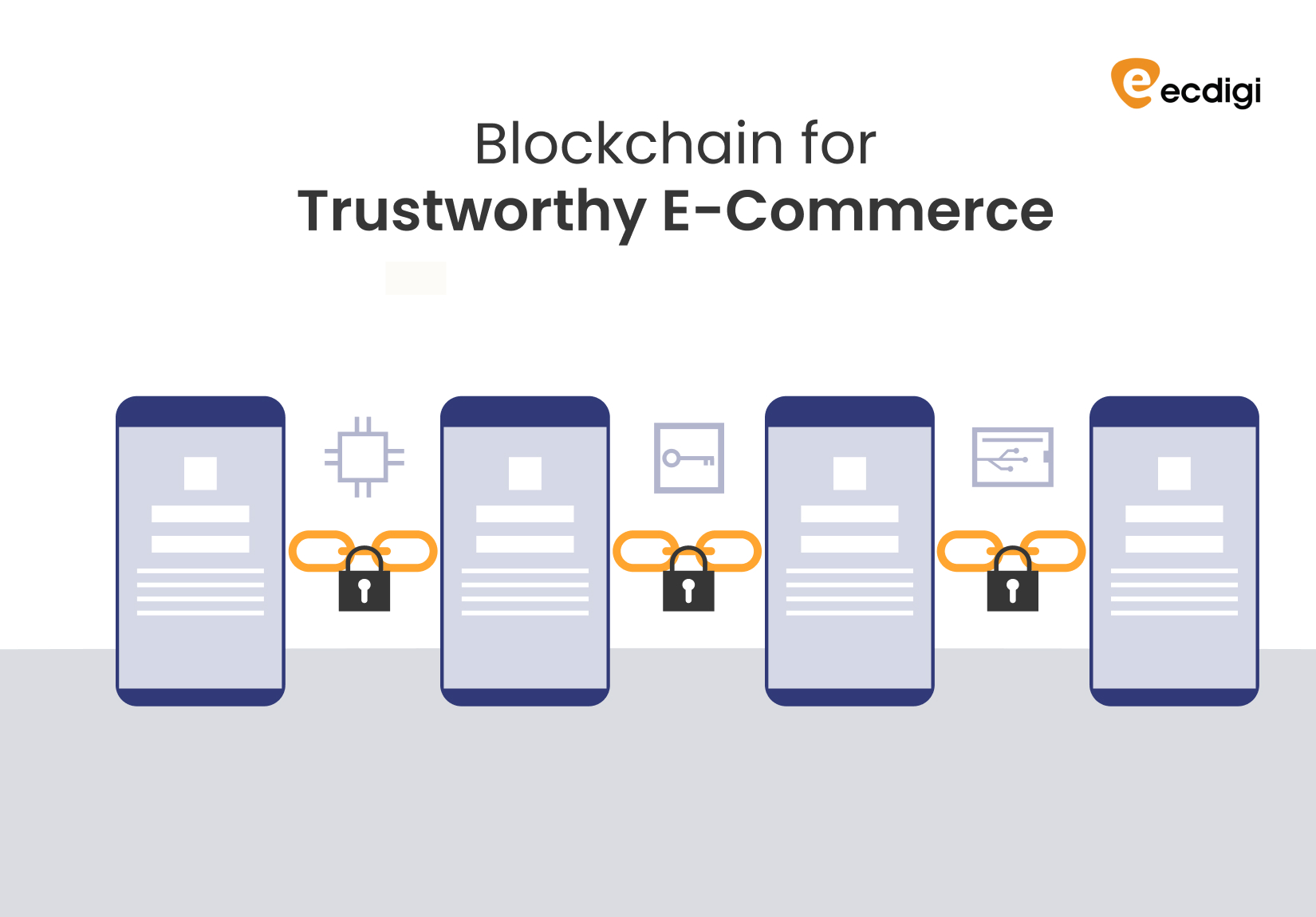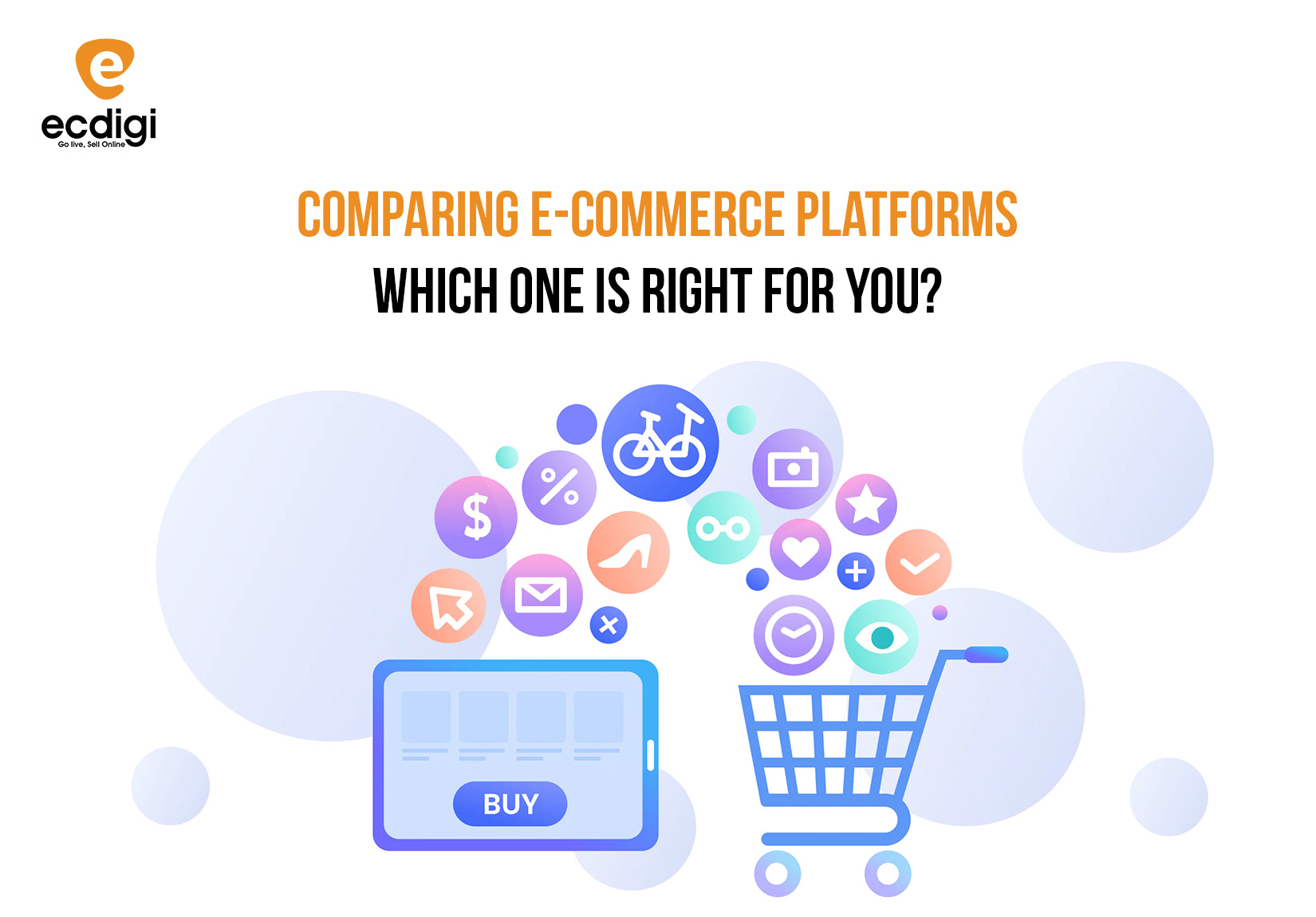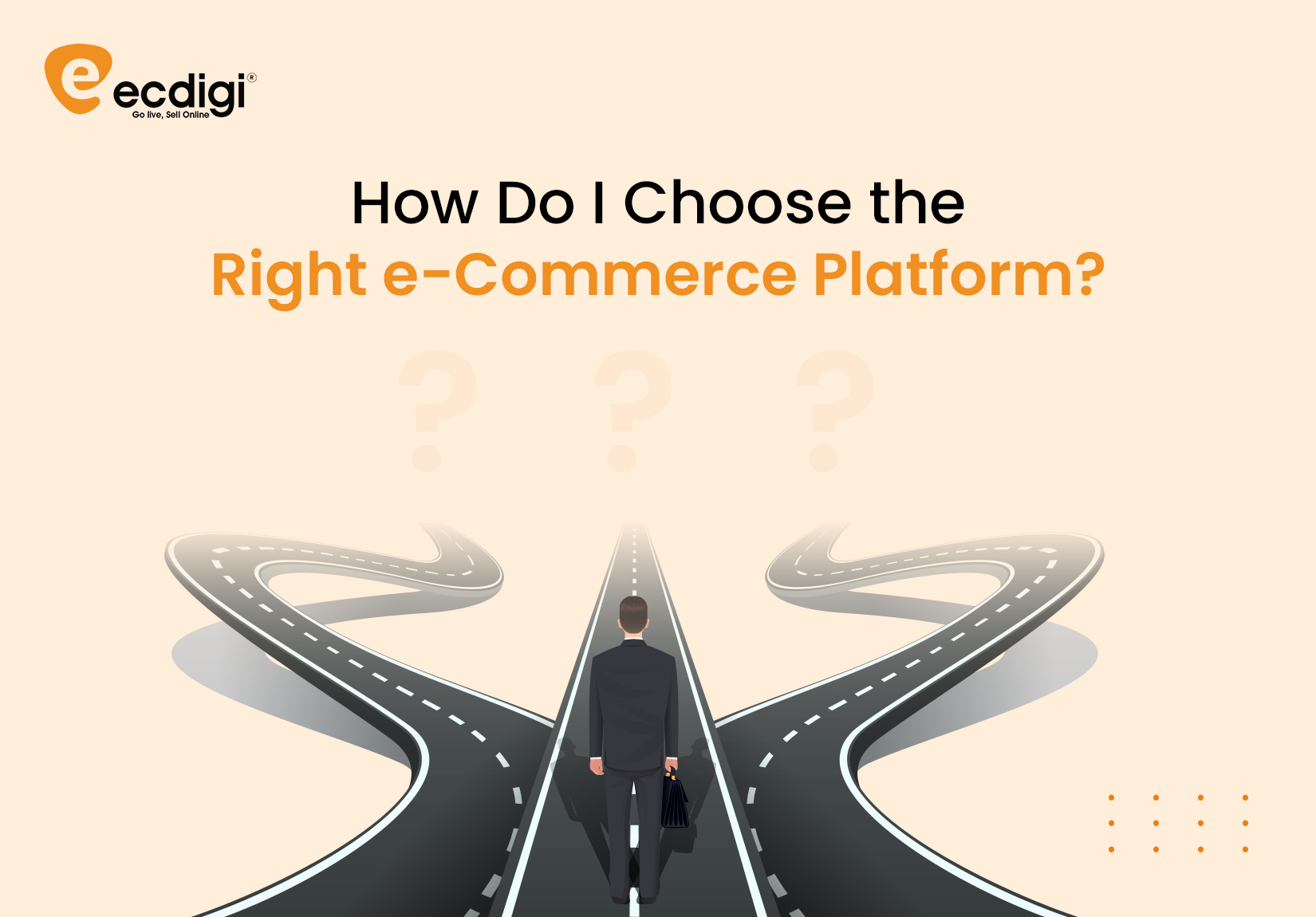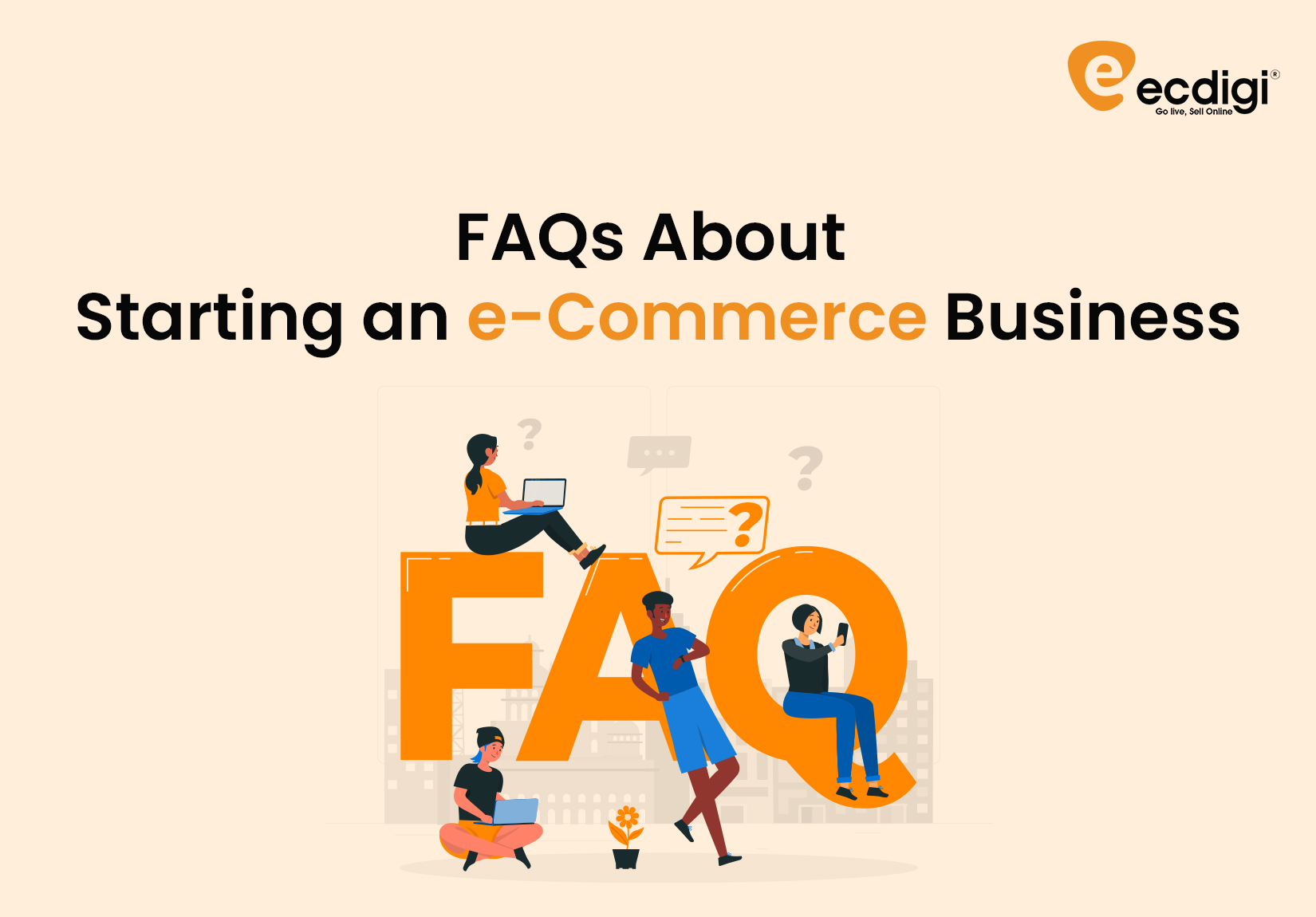The Invaluable Advantages of Data Privacy and Security in E-commerce
E-Commerce Data Security | 23 Nov, 2023

In an age where data privacy is no longer just a passing trend but a global necessity, experts predict a substantial shift, estimating that 75% of the world's population will benefit from modern data privacy regulations by the end of 2024, up from 65% a mere year ago.
In the rapidly evolving world of e-Commerce, where digital transactions and online interactions have become the norm, ensuring robust data privacy and security measures is crucial.
The advantages of prioritizing and investing in these aspects extend far beyond mere compliance with regulations; they directly contribute to the success and sustainability of e-Commerce businesses.
In this blog post, we delve into the numerous benefits of data privacy and security in the domain of e-Commerce, emphasizing the pivotal role that expertly crafted e-Commerce development services play in fortifying online platforms against evolving cyber threats and ensuring compliance with contemporary data privacy standards.
1. Builds Trust and Credibility:
A fundamental pillar of any successful e-Commerce venture is the trust that customers place in the platform. Implementing robust e-Commerce data security, data privacy, and protection measures sends a clear message to customers that their sensitive information is handled with the utmost care and protection. When customers feel secure in their online interactions, they are more likely to make purchases, share personal details, and become repeat customers. This emphasis on e-Commerce data security not only safeguards customer information but also builds a foundation of trust that is indispensable for the sustained success of online businesses.
2. Enhances Customer Confidence:
In an era where data breaches and cyber threats are prevalent, customers are increasingly cautious about where they share their information. e-Commerce platforms that prioritize data privacy and security demonstrate a commitment to safeguarding customer data. This commitment, in turn, boosts customer confidence, encouraging them to engage more freely with the platform and fostering a positive user experience.
3. Legal Compliance and Mitigation of Risks:
Adhering to data privacy regulations is not just a legal obligation; it is also a strategic move to mitigate potential risks. Non-compliance can lead to severe legal consequences, including hefty fines and damage to the brand's reputation. By proactively adopting and enforcing data privacy measures, e-Commerce businesses ensure they are on the right side of the law and reduce the risk of legal complications.
4. Protects Sensitive Customer Information:
e-Commerce transactions involve the exchange of sensitive information, including personal details and financial data. Robust e-Commerce data privacy measures play a critical role in safeguarding customer information in e-Commerce from falling into the wrong hands. Encryption, secure payment gateways, and stringent access controls contribute to creating a fortress around customer data, preventing unauthorized access and potential misuse. This comprehensive approach to safeguarding customer information in e-Commerce not only ensures the security of sensitive data but also instills confidence in customers, reinforcing the platform's commitment to their privacy and protection.
5. Reduces the Likelihood of Cyber Attacks:
e-Commerce platforms are attractive targets for cybercriminals due to the wealth of valuable data they store. Implementing strong security protocols acts as a deterrent to potential cyber threats. Regular security audits, threat assessments, and the adoption of cutting-edge cybersecurity technologies create a formidable defense against attacks, ensuring the sustained functionality of the e-Commerce platform.
6. Preserves Brand Reputation:
A single data breach can irreparably damage a brand's reputation. News of a security lapse spreads quickly in the digital age, and the repercussions can be severe. By prioritizing data privacy and security, e-Commerce businesses not only protect their customers but also safeguard their own brand image. Trust is hard-earned but easily lost, making reputation management a crucial aspect of any successful e-Commerce strategy.
7. Encourages Innovation and Growth:
When customers feel secure in their online interactions, they are more likely to explore and engage with the various features and offerings of an e-Commerce platform. This sense of security encourages innovation, as businesses can confidently introduce new technologies and services, knowing that their customers' data is protected. This, in turn, fosters business growth and positions the e-Commerce platform as a leader in the industry.
8. Facilitates Personalized Marketing:
Understanding customer preferences is essential for delivering personalized marketing campaigns. However, to gather and utilize this information ethically, businesses must prioritize data privacy. By ensuring that customer data is handled responsibly and transparently, e-Commerce platforms can leverage this information to tailor marketing strategies, resulting in more effective and targeted campaigns.
9. Strengthens Customer Relationships:
The trust established through robust data privacy and security measures forms the foundation for lasting customer relationships. When customers feel valued and secure, they are more likely to engage in ongoing transactions, provide feedback, and even become advocates for the brand. Building these strong customer relationships is a key driver of long-term success in the competitive e-Commerce landscape.
10. Adapts to Evolving Consumer Expectations:
Consumer expectations regarding data privacy and security continue to evolve. e-Commerce businesses that stay ahead of these expectations by continuously improving and updating their security measures demonstrate adaptability and responsiveness. This proactive approach not only meets current standards but also future-proofs the business against emerging threats.
In conclusion, the advantages of prioritizing data privacy and security in e-Commerce website security are multifaceted and indispensable for long-term success. From building trust and credibility to mitigating legal risks and fostering innovation, a robust approach to data protection is not just a necessity but a strategic imperative in the competitive world of online commerce. As e-Commerce continues to thrive, businesses that prioritize the security of customer data through proactive e-Commerce website security measures will undoubtedly stand out as leaders in the digital marketplace. This commitment not only ensures a secure online environment for users but also positions these businesses at the forefront of industry standards, setting a benchmark for others to follow in safeguarding the integrity of e-Commerce transactions.













































